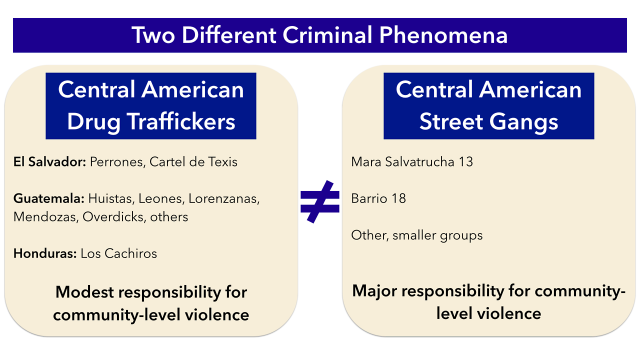“The so-called “free-trade agreements” such as NAFTA and CAFTA were forced on the countries of Central America by the US government and the corporatocracy by people with the job I once had, economic hit men. They were supposedly done to spur economic growth in Canada, the US, and Central America. But the architects of these agreements knew that the rich would benefit, and that the poor would get poorer.”
“Free-Trade” – A Death Economy Next Door
By John Perkins,
Author of Confessions Of An Economic Hit Man
I have just returned from Ecuador, having spent nearly three weeks deep in the Amazon rainforests as one of the leaders of trips sponsored by Dream Change and the Pachamama Alliance. In addition to all the concerns in this country over the devastation caused by oil and mining companies, I’ve heard a great deal about the crises in Central America.
Central America is far from peaceful and prosperous; the problems there are brought home to us in the very vividly in the faces of the immigrant women and children who are being shipped around the States and back home by the busload. Our share of the responsibility for their plight cannot be ignored any longer. We have fueled and empowered the corporatocracy for decades, and the resulting power struggles and imbalances have destroyed local economies and caused unimaginable loss of life.
The so-called “free-trade agreements” such as NAFTA and CAFTA were forced on the countries of Central America by the US government and the corporatocracy by people with the job I once had, economic hit men. They were supposedly done to spur economic growth in Canada, the US, and Central America. But the architects of these agreements knew that the rich would benefit, and that the poor would get poorer. These kinds of agreements between often-corrupt governments (including the US’s) and corporations do not allow for tariffs and other barriers for imports that protect local farmers and businessmen. Instead they allow the to subsidize US interests. These interests include huge subsidies to corn and cotton growers who then sell their products in Central America for less than the farmers there can sell to their own neighbors. This kind of imbalance has devastated lives and destroyed Central American economies. These agreements exist to expand corporate rights, at the expense of human rights.
Before we support policies that send busloads of children back to their countries of origin, we must acknowledge our role in their situation. The policies we have put in place have been carefully crafted to benefit the already rich and powerful and to devastate those who most need opportunity, security, and a future. When economic policies were not enough to control a regime, the US and the corporatocracy did not hesitate to use military might. Our history bears witness to our repeated invasions of our neighbors: Cuba, Nicaragua, Guatemala, Grenada, and Haiti for example, as well as the overthrow of governments or assassination of leaders who dared to give power back to the people and implement social changes. As described in “Confessions of an Economic Hit Man” I was involved in such activities in the country where I am now located, Ecuador, as well as many others.
Central America is home to indigenous cultures that value community over individual profit, and in many villages the people have come together to farm and harvest and produce what the whole village needs. The “free-trade” agreements harm the ability of these organizations, causing wide-spread poverty and, in turn, the large numbers of immigrants crossing the US/Mexico border. These imbalances, along with our draconian CIA policies toward the governments of Guatemala, Honduras, and El Salvador, have caused the immigration problem we are experiencing today. I talk to Central Americans all the time while traveling in Latin America and also when at my home in the United States in Spanish, and few of them really want to be here. They would rather be back in their homelands, but their economies have totally failed.
People are waking up to these problems. The revolution in consciousness is helping people in the United States, and around the world, wake up to the terrible injustices that US policies have caused. Young people throughout Latin America are taking action towards a better future, one that keeps their families together and provides economic opportunity for the communities. When we see them migrating to the US, we should hear their message. Our policies should be to help them create a “Life Economy”; when we do this we also move out of a “Death Economy” and create a “Life Economy” for ourselves.
